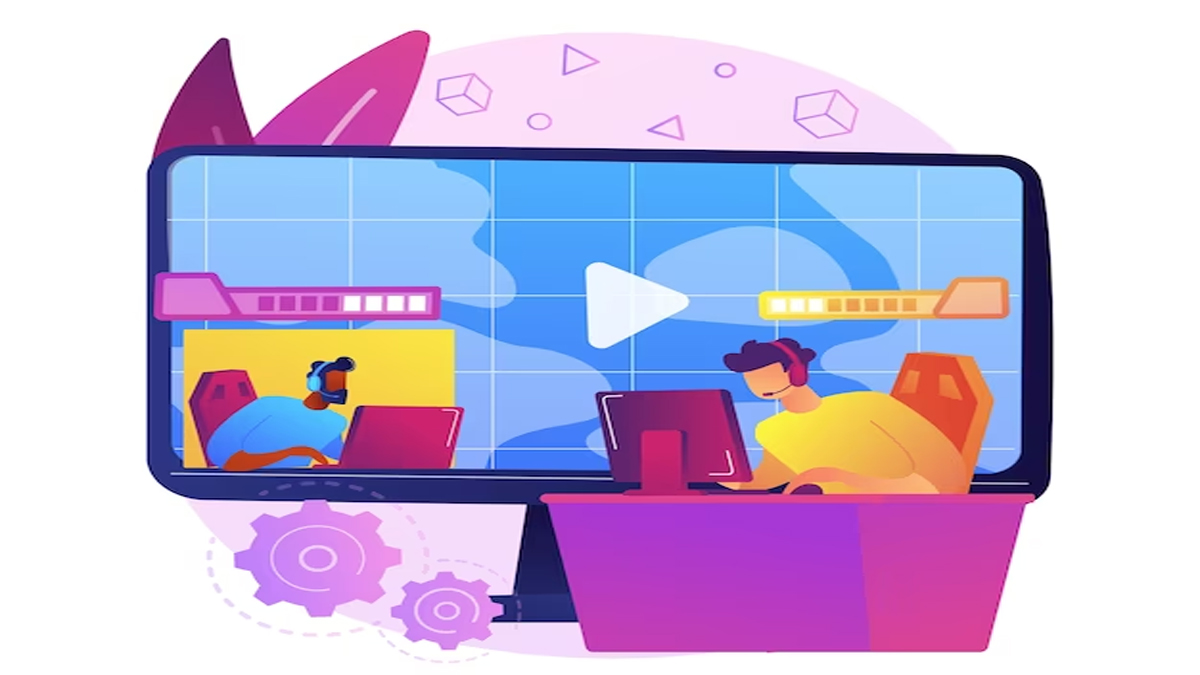Copyright infringement refers to the unauthorized use or distribution of copyrighted material without the permission of the copyright owner. With the rise of online streaming services, copyright infringement has become a significant concern.
Online streaming services offer a vast library of movies, TV shows, music, and other copyrighted content to subscribers for a fee or sometimes for free with advertisements. These services obtain licenses from copyright holders to legally stream their content to users. However, copyright infringement occurs when individuals or websites unlawfully reproduce, distribute, or publicly display copyrighted material without obtaining the necessary rights or permissions.
In the age of online streaming services, copyright infringement can take various forms:
- Illegal streaming:
Some websites or services offer copyrighted content without proper authorization. They stream movies, TV shows, or music without obtaining the necessary licenses, often using pirated copies or unauthorized uploads. - Torrenting and file sharing:
Torrent websites and peer-to-peer networks enable users to share files, including copyrighted material, without permission. Users download and upload files simultaneously, facilitating the unauthorized distribution of copyrighted content. - Streaming devices and applications:
Certain streaming devices or applications, such as “Kodi boxes” or “jailbroken Firesticks,” allow users to access copyrighted content through unofficial add-ons or third-party apps. These add-ons often provide access to pirated streams of movies, TV shows, or live events. - User-generated content platforms:
Platforms like YouTube, Twitch, or social media sites allow users to upload and share their content. However, users may infringe copyright by uploading videos or livestreams that include copyrighted music, video clips, or other protected material without permission from the copyright holder.
Copyright holders and legal authorities actively combat copyright infringement in the age of online streaming services.
They employ various strategies to protect their intellectual property:
- Digital Rights Management (DRM):
Content providers use DRM technologies to encrypt their content and prevent unauthorized copying or distribution. Streaming services implement DRM measures to protect their streaming content from being easily copied or downloaded. - Takedown notices:
Copyright owners or their representatives issue takedown notices to streaming platforms, file-sharing services, or websites hosting infringing content. The platforms are legally required to remove the infringing material upon receiving a valid takedown notice. - Legal action:
Copyright holders can take legal action against individuals or organizations engaged in copyright infringement. This may involve filing lawsuits, seeking damages, or obtaining court orders to shut down infringing websites or services. - Collaboration with streaming services:
Copyright holders collaborate with streaming platforms to detect and prevent unauthorized sharing of their content. They may employ automated content recognition technologies to identify and remove copyrighted material from user-uploaded content.
It’s essential for users to understand that engaging in copyright infringement, such as illegally streaming or sharing copyrighted content, is illegal and can result in civil penalties or criminal charges. It’s recommended to use authorized streaming services and respect copyright laws to support content creators and protect intellectual property rights.
